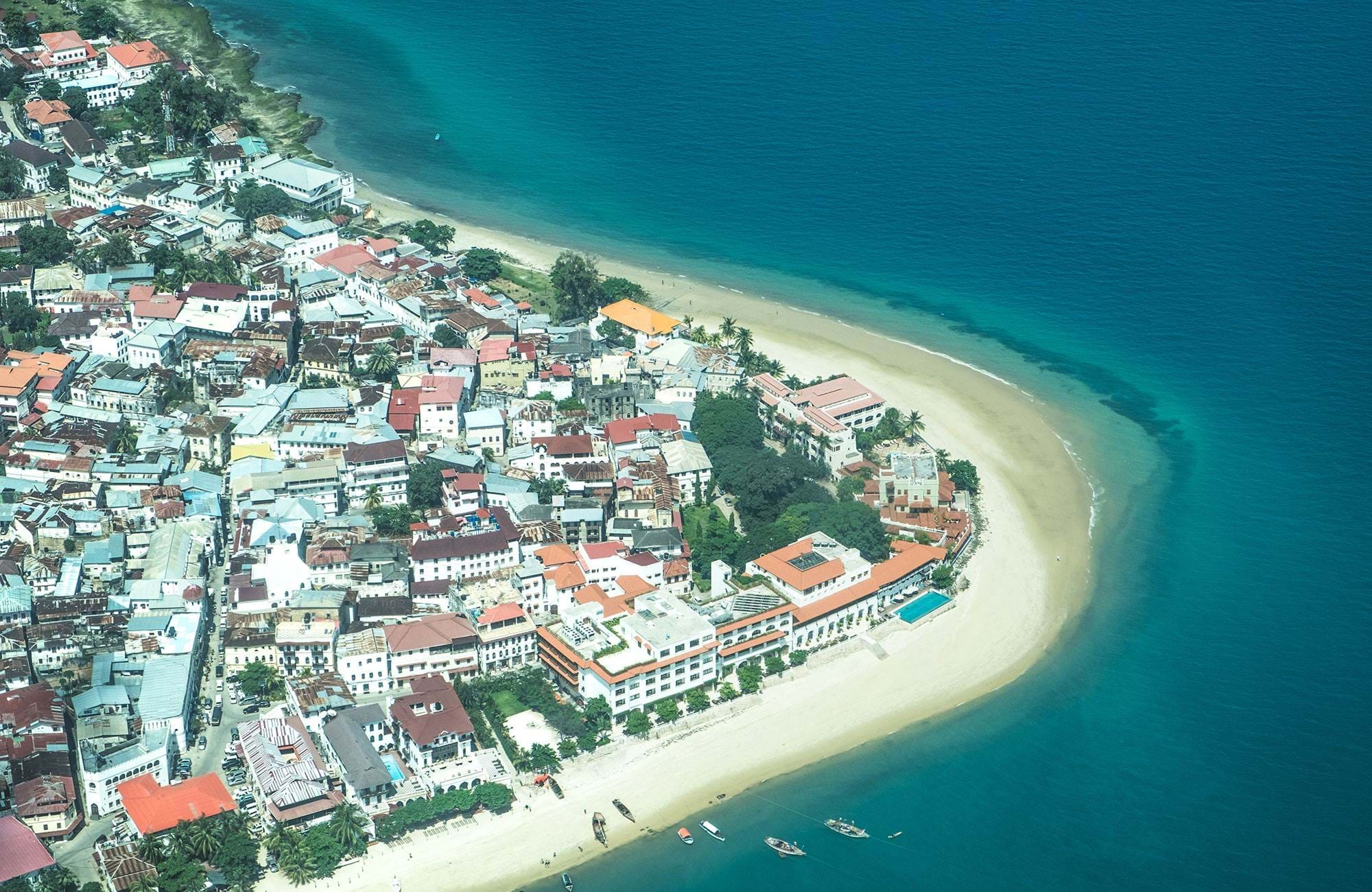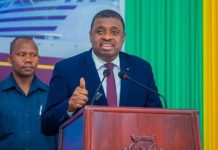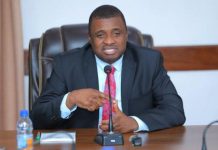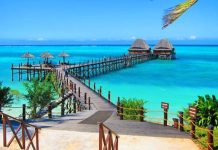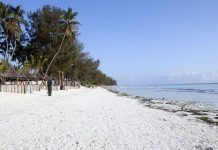ZANZIBAR plans to spend 1,485.4bn/- in the next fiscal year, prioritising expenditures with high productivity and value for money on public goods and services.
Finance and Planning Minister Mohamed Ramia Abdiwawa told the House of Representatives here yesterday that the government will next fiscal year embrace.
The proposed revenue and expenditure plan for the 2020/2021 financial year, as unveiled in the house by Ambassador Ramia, represents almost five per cent increase from the current 1,419.4bn/- budget.
The minister said the government envisages collecting 1,047.5bn/- from internal revenue sources, with grants and loans from development partners expected to bring in 394.6bn/-.
He said in the next three years, the government expects to increase public spending to 1,746.8bn/- in 2022/23, from the current 1,419.4bn/- and 1,635.2bn/- in the 2021/22 financial year.
The government will next financial year channel 609.8bn/- , over 41 per cent of the total spending, to development projects, with recurrent expenditures consuming 875.7bn/-, Ambassador Ramia said in his statement on the state of the economy, development plan and 2020/21—2022/23 budget forecast.
Allocation of development funds in the next three years, he said, will be guided by Chama Cha Mapinduzi’s 2015-2020 election manifesto, directives from budget and economic forums, national flagship projects clove procurement, and priority areas in the national development plan.
“Priorities for the next financial year’s development plan are expected to match with the new national development vision, 2050,” said the minister, citing the focus areas as economic reforms, with great emphasis on amplifying the service sector, especially tourism, the blue economy and marine transport.
Oil and gas exploration, intensification of road, airport and port infrastructures, enhanced industrial and agricultural production and improvement of delivery of social services— education, health and water—as well as creation of competent human resource, feature prominently in the government’s development strategy.
Minister Ramia said Zanzibar’s economy registered impressive growth of seven per cent last year, with the gross domestic product reaching 3,078bn/- from 2,876bn/- in 2018.
The par capital income in the islands with 1,621,000 people grew by 8.2 per cent to 2,549,000/- last year from 2,357,000/- in 2018.
“Zanzibar, as per statistics, is approaching middle income country status, as the international criteria demand,” Ambassador Ramia told the House, attributing the impressive economic growth to increasing tourists, improved water supply services and industrial production as well as prevailing peace and tranquility.
On execution of the current budget’s first half, the minister said, the government collected 519.1bn/-, over 73 per cent of the 709.7bn/- target for the July- December, 2019 period.
Domestically, 431.7bn/- was collected, recording 90 per cent of the 477.1bn/- objective while development partners released 87.4bn/-, honouring their 197.3bn/- six-month pledges by 44 per cent.
However, the Budget Committee faulted the government’s excessive national priorities, saying ‘too much’ targets against the limited resources will hardly yield the anticipated outcomes.
Presenting the committee report, Vice-Chairperson Bahati Khamis Kombo advised the government to choose few key projects for implementation and defer others to the future, subject to funds availability.
The government has categorised its future priorities into two groups, with 13 and 15 priorities in the first and second groups, respectively.
The committee further reminded the government to observe consistency in priority setting, referring to the current fiscal plan that has construction of Mpigaduri Port in the first group but the project appears in the second priority group in the next budget.


